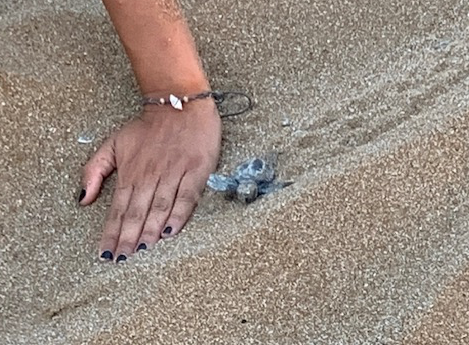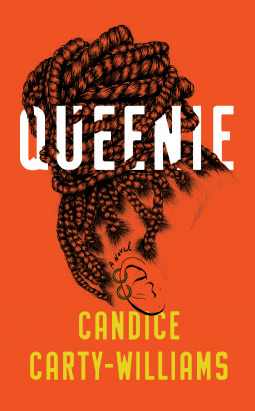Originally posted 23rd Sept 2019
According to the Guardian, losing a child isn’t such a horrendous experience if you’re rich and privileged… referring to David and Samantha Cameron’s ‘privileged pain’ at the death of their severely disabled son, Ivan, who died suddenly in 2019 aged 6, the paper has subsequently apologised for this staggeringly grotesque piece of crassness.
I just read Ben Fogle’s very moving article in the Sunday Times about his own son, Willem, who died in the womb before his birth at eight months. Another ‘privileged’ person, Ben and his wife Marina were left with enduring grief and profound pain, which no amount of money or privilege can make up for.
Grief and loss are universal, and nothing can cushion such a blow.
During the height of apartheid, the South African poet, Ingrid De Kok wrote a poem, ‘Small Passing’ in response to a white woman being told that she should not mourn her stillborn child, because the everyday suffering of black women in the country were far more significant than the death of a solitary white baby. This is at once true and not true. Nils Bohr said that the opposite of a great truth is a great lie, and perhaps this is a perfect example of what he meant.
Small Passing by Ingrid de Kok
In this country you may not
Suffer the death of your stillborn,
remember the last push into shadow and silence,
The useless wires and cords on your stomach,
the nurse’s face, the walls, the afterbirth in a basin.
Do not touch your breasts
still full of purpose.
Do not circle the house,
pack, unpack the small clothes.
Do not lie awake at night hearing
the doctor say ‘It was just as well’
and ‘You can have another’
In this country you may not
mourn small passings.
See: the newspaper boy in the rain
will sleep tonight in the doorway.
The woman in the busline
may next month be on a train
to a place not her own.
The baby in the backyard now
will be sent to a tired aunt,
grow chubby, then lean,
return a stranger.
Mandela’s daughter tried to find her father
through the glass. She thought they’d let her touch him.
And this woman’s hands are so heavy when she dusts
the photographs of other children
they fall to the floor and break.
Clumsy woman, she moves so slowly
as if in a funeral rite.
On the pavements the nannies meet.
These are legal gatherings.
They talk about everything, about home,
while the children play among them,
their skins like litmus, their bonnets clean.
2
Small wrist in the grave.
Baby no one carried live
between houses, among trees.
Child shot running,
stones in his pocket,
boy’s swollen stomach
full of hungry air.
Girls carrying babies
not much smaller than themselves.
Erosion. Soil washed down to sea.
3
I think these mothers dream
headstones of the unborn.
Their mourning rises like a wall
no vine will cling to.
They will not tell you your suffering is white.
They will not say it is just as well.
They will not compete for the ashes of infants.
I think they will say to you:
Come with us to the place of mothers.
We will stroke your flat empty belly,
let you weep with us in the dark,
and arm you with one of our babies
to carry home on your back.



